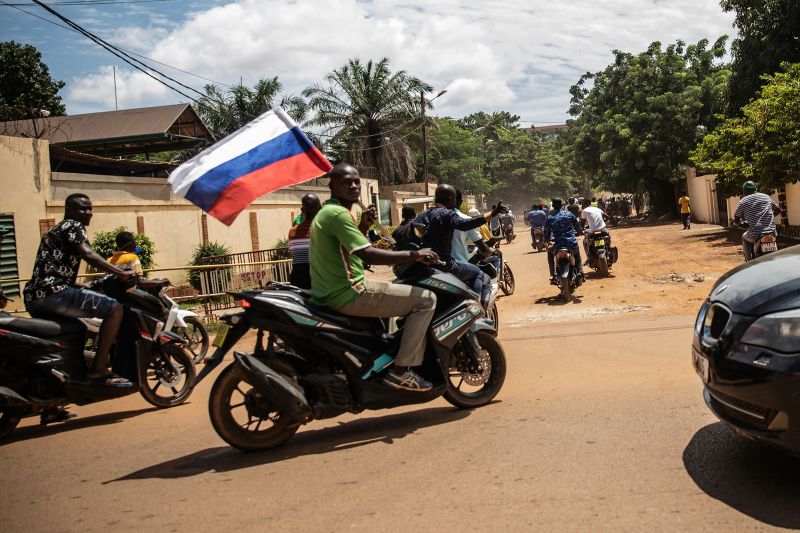In a recent announcement, Russia’s foreign minister Sergey Lavrov, has indicated an increase in the number of Russian military instructors to be deployed in Burkina Faso. This statement came amidst escalating tensions in the West African nation and is seen as part of Russia’s desire to assert its influence and authority on a global scale.
Burkina Faso, a landlocked country, has been grappling with mounting insurgency movements, primarily from extremist groups, over the past few years. These groups, linked to Al-Qaeda and ISIS, have been launching attacks resulting in a state of flux and chaos in this small African nation. The foreign minister’s announcement underlines Russia’s commitment to helping Burkina Faso overcome such challenges.
The role of these military instructors, according to Lavrov, is primarily to help train Burkina Faso’s national forces and provide them with essential skills to combat insurgency within their borders. This move is seen as an integral part of Russia’s strategic engagement with Africa, aimed at helping nations bolster their security infrastructure.
The decision represents a strategic shift in Russia’s foreign policies related to Africa. The nation has been keen to strengthen ties with African states, especially those battling with internal security issues, extending military aid and technical support. On numerous occasions, Moscow has emphasized the significance of expanding cooperation with African nations across various sectors and the recent announcement is a testament to this commitment.
However, it’s noteworthy that this surge is not just about lending a helping hand to Burkina Faso. Several analysts believe that this move is also aimed at asserting Russia’s influence in Africa’s geopolitics. Amidst growing competition amongst global heavyweights in Africa, this move by Russia serves as a reminder of its capability and intent to be involved in the continent’s affairs.
This increase in military instructors also underscores Russia’s willingness to fill the operational gaps, particularly at a time when western nations are seen to be reducing their presence in the region. By providing support to Burkina Faso, Russia is seeking to put up a robust front against extremist forces, thus positioning itself as a reliable partner for African nations in their fight against terrorism.
This approach by Russia also brings attention to the method of soft power diplomacy that it is employing. By helping Burkina Faso fortify its armed officials’ skills, Russia is establishing a sphere of influence and creating a strong footprint in the region.
However, critics argue that increasing the number of military instructors in Burkina Faso could escalate the possibility of proxy conflicts. The increasing presence of foreign powers, implementing their agendas through local forces, can potentially fuel tensions in the already volatile region. Therefore, the impact of this increase needs to be monitored closely to prevent any potential adverse effects.
In conclusion, Russia’s decision to increase the number of military instructors in Burkina Faso symbolizes a renewed focus on Africa as part of its foreign policy. While the move has been defended as assistance to an African nation in need, its implications and impact in the larger geopolitical context can only be assessed with time.




